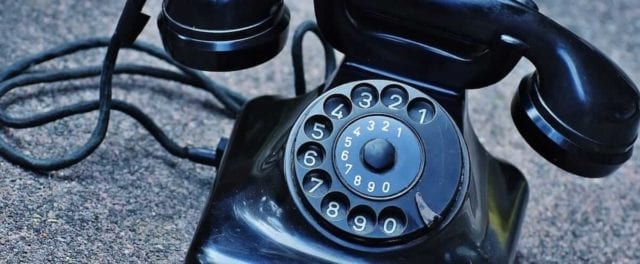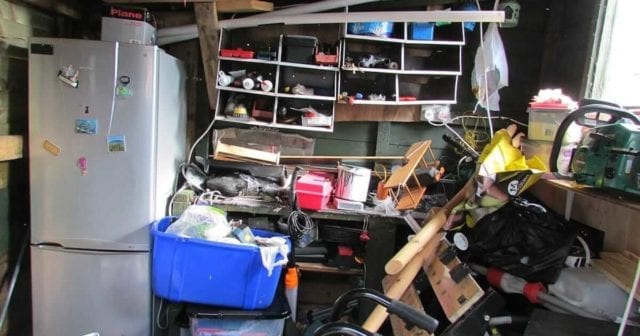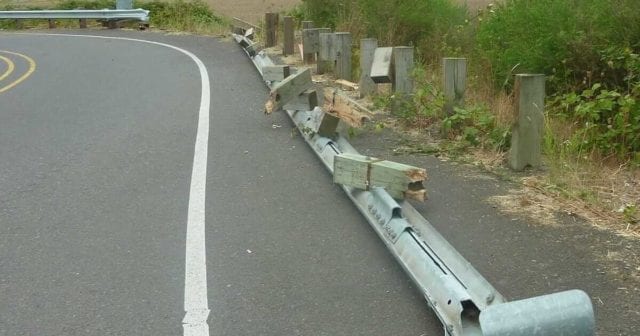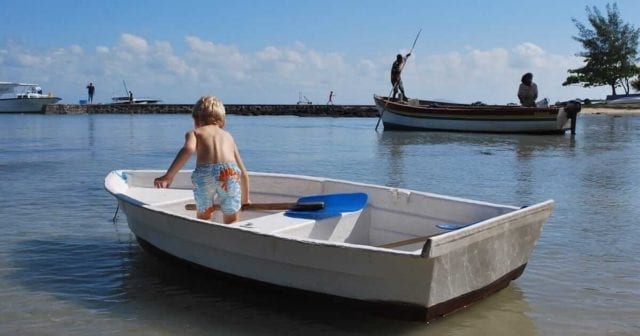Buying insurance probably feels like a one and done deal. You pick a policy and as long as you pay your premiums on time, you don’t have to think about it again – until you realize you’re paying too much or your policy doesn’t cover a claim. Too many people treat their insurance this way. They miss out on adding new coverage or removing old coverage as their life progresses. They either pay too much or don’t have the insurance they need, when they need it.
There’s a better way. When certain things happen in your life, you need to call your insurance agent to make sure you have the right type and/or amount of insurance coverage. Here are the big life changes that warrant a call.
GETTING MARRIED
Before the rush of the wedding, call your insurance agent. We can tell you what kind of additional insurance you’ll need once you say, “I do.” What kind will you need? Life insurance to take care of expenses if something happens to you. Your new spouse will need to be added to your auto insurance. Your home or renter’s insurance will need to be adjusted to factor in the value of your combined belongings.
HAVING A BABY
You don’t need to call us on your way to the emergency room or when the first contraction hits. In a perfect world, call us well before labor begins. If not, give us a call after your bundle of joy arrives. You may want to update your life insurance to increase the amount or add them as a beneficiary.
GETTING A DIVORCE
We hope it never happens to you, but divorce is too common not to discuss. Once the divorce is final, you may want to change the beneficiary on your life insurance. Assuming one of you keeps your home, you’ll need to adjust your homeowner’s insurance. Don’t forget auto insurance. You’ll want to remove your former spouse from your policy and make sure they take you off their policy, too.
HOME REMODEL
Whether your home needs a few upgrades or you’ve decided to gut it and start from scratch, contact your agent when you’re done. You may qualify for new discounts for structural improvements like a new roof. If you add a security system that could save you money too. Added a pool or a fence? We need to know that, too.
NEW TEEN DRIVER
It’s scary to think the small bundle you held in your arms 16 years ago is now allowed to drive on the open roads. Check your auto insurance policy once they’ve got their license. You’ll need to adjust for the new driver, but if they went through a driver’s training course and get good grades, you may get a discount, too. Of course, if they get their own car, it has to be added to your policy as well. Yes, even if it’s a clunker.
MOVING DAY
When you buy a new home, a new homeowner’s insurance policy is the standard. Don’t get what you automatically had. Instead, review your previous coverage and work with your agent to assess what your new home needs or where it’s located. You may need flood insurance now that you’re in a flood zone. You might need to increase the policy limits. You’ll also want to update your auto insurance with your new location and other information.
START A BUSINESS
You finally quit your 9 to 5, and you’re ready to open your own business. Great! Now, let’s talk insurance. You’ll definitely need general liability. You’ll want to get a health insurance policy if your old job offered it. If you have employees, you’re going to need a workers’ compensation insurance policy. Driving your own vehicle for business purposes? You need a commercial auto insurance policy, too.
GROWN UP KIDS
That sweet baby who became a teen driver is now grown up and living on their own. Depending on where they are in life, you may want to help them get renter’s insurance. Maybe you can remove them from your auto insurance because they have their own policy.
DEATH
When someone in the immediate family dies, it’s devastating and shocking. Your whole world can be turned upside down. When the dust settles, give us a call. You may need to change the beneficiary on your life insurance. Your auto insurance may need to be adjusted. Any policies in their name will need to be changed.
If something big is happening in your life, you probably need to review your insurance needs. When in doubt, give Charlotte Insurance a call. We can let you know if a change affects your current policy or not.






